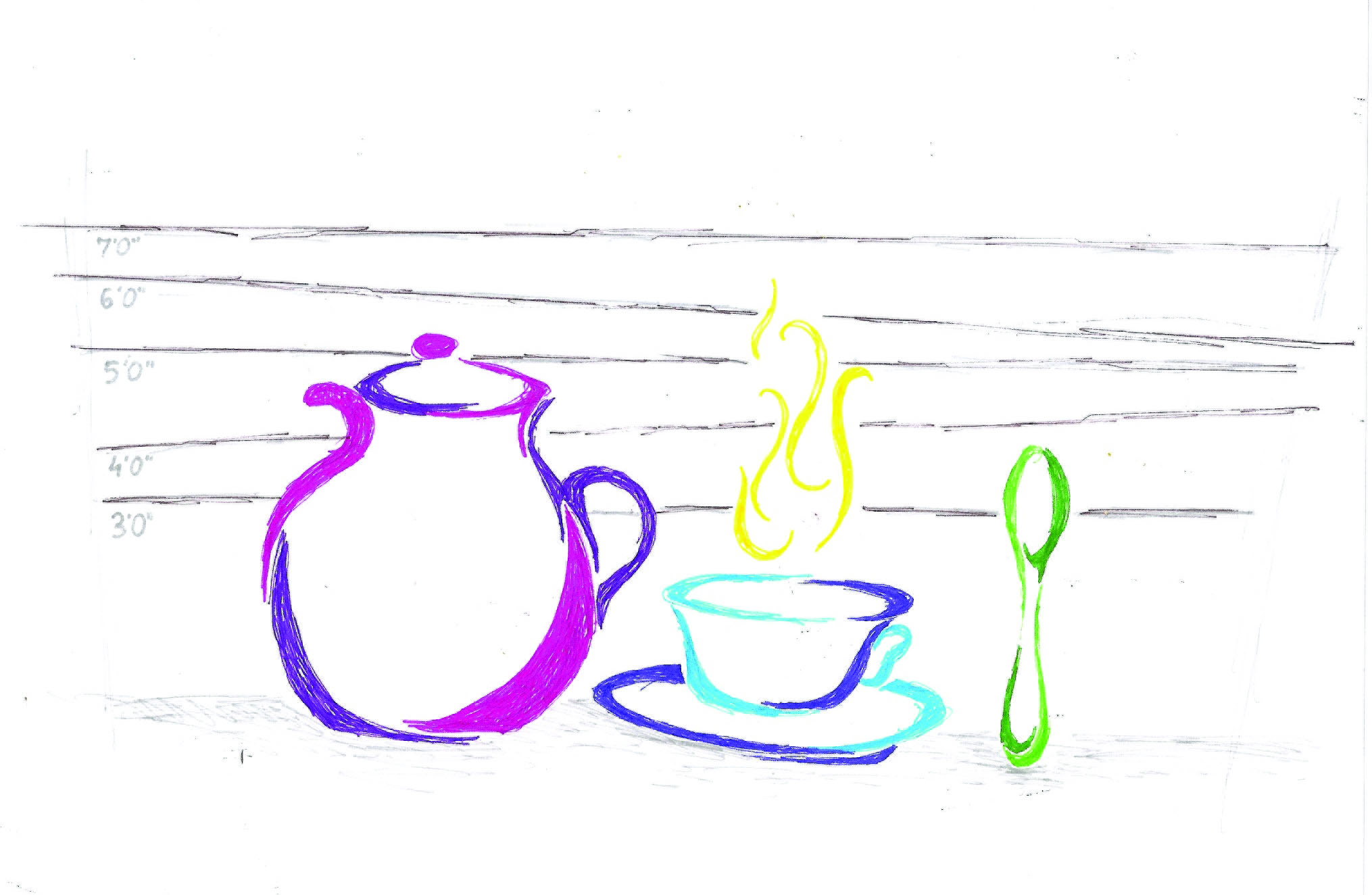Knock, knock. “Room inspections!”
This call is one residents on the Hill are all too familiar with.
During the year, the Office of Residential Life and the UCLA Housing Administration conduct two health and safety inspections ““ more popularly known as “room inspections” ““ primarily to ensure that students do not have items that violate the terms of their housing contract. These items include coffeemakers, hot pots and hot plates, toasters and microwaves.
Residents are given advance notice of the inspections ““ sometimes even the day before ““ which, unfortunately for administrators, gives students plenty of time to stow away their forbidden items. Additionally, the three inspectors are not allowed to touch anything or to open closets.
“If we were trying to catch you do stuff we would make them a surprise and do them every month, or whatever, something obnoxious enough,” said ORL Assistant Director Dana Pysz, “but that’s not the point; the point is making sure our buildings are safe and that no gross violations are occurring and that’s what we’re looking for.”
It’s certainly true that ensuring student safety and respecting student privacy are two opposing forces that can be difficult to reconcile. Resident assistants already have the burden of making the dorms feel welcoming, and it should go without saying that no one at ORL wishes to intimidate their residents (especially not when there’s money at stake).
Yet room inspections are a desperately superficial and ineffective way of promoting student health and safety. Obviously, the health and safety of residents is of utmost importance. However, room inspections alone do little to dissuade students from using restricted items.
Richard Giedlin, a second-year pre-business economics student who lives in De Neve Plaza, said that he likes room inspections “because they tell me when I have to hide all my stuff in my room that’s, you know, “˜illegal’ that everyone else has. Everyone else is doing the exact same thing.”
Most students who have these items aren’t going to stop using them just because of room inspections. Even my RA from last year had her own microwave, and it was disappointing to see her ask other students to get rid of theirs.
Indeed, it was only after seeing my RA with her microwave did I go out and buy one myself. Yes, I admit it: I have an “illegal” microwave. But I wouldn’t have bought it if there had been a microwave conveniently located in my building or if renting a MicroFridge wasn’t so expensive (although I did do this, rather naively, my freshman year before I discovered that nearly every nonfreshman used their own microwave).
During my first two years, I lived in Canyon Point, where there was no community microwave, but I did not want to pay for a MicroFridge. Almost $300 is ludicrous for an old, beat-up appliance that you have to return after nine months ““ why would I rent a MicroFridge when there is an abundance of college students in Westwood willing to sell their appliances at steep discounts? I found my nearly brand-new microwave for $25 on Craigslist and couldn’t be happier.
According to Pysz, microwaves with a nonalternating current pose the risk of causing a floor blackout. However, in his seven years at UCLA, he has never actually encountered an incident caused by an illegal object. If microwaves are truly a grave threat, administrators should make it seem that way through signs, announcements and other methods. Otherwise, perhaps the risk of these objects should be reevaluated.
If ORL and housing are seriously concerned about student welfare, they must offer residents alternatives to bringing their own contraband items. True, we shouldn’t have to do too much cooking (housing regulations actually ban any form of cooking) because we have dining halls, but some foods just don’t merit an entire swipe. Coffee and tea, for example, are things that many people crave immediately in the morning. While Bruin Café and Bruin Café Express offer great drinks at convenient locations, the nature of nonpremier meal plans means that students like me would rather save our swipes for more filling meals at the dining halls.
Perhaps ORL could use some of residents’ fees to provide complimentary coffee and tea in the morning ““ a relatively small gesture that would make rooms safer (no more coffeemakers or hot pots) and undoubtedly increase resident satisfaction with life on the Hill.
Otherwise, the ban on hot pots and coffeemakers should be lifted altogether. According to Pysz, hot pots are banned because residents might turn them on and forget about them. Surely these items cannot be more dangerous than hair straighteners and curling irons, though the latter are allowed.
Room inspections also use up valuable time. Brian Tran, an RA in De Neve and third-year microbiology, immunology and molecular genetics student said that the inspections took him between 30 and 45 minutes to complete. Tran also said that housing could “provide alternate, safer ways to use certain items. … I know they sell certain products like heater fans that are allowed.”
There is little incentive for residents to keep illegal items other than convenience, and they aren’t free from their own hassles as well. Not only must residents hide them around room inspections, but as Giedlin pointed out, “The microwave is going to take up space in my room; why would I want it there?”
The consequences for having a banned item are naturally mild; residents are given ample time to remove their belongings before any further action is taken.
It’s easy to forget that administrators are as afraid of upsetting us as we are of upsetting them ““ we are, after all, their source of income. Unfortunately, administrators will only be able to trust residents to refrain from using hazardous items once residents can trust that administrators will offer viable alternatives.
E-mail Nijhawan at anijhawan@media.ucla.edu. Send general comments to viewpoint@media.ucla.edu.
